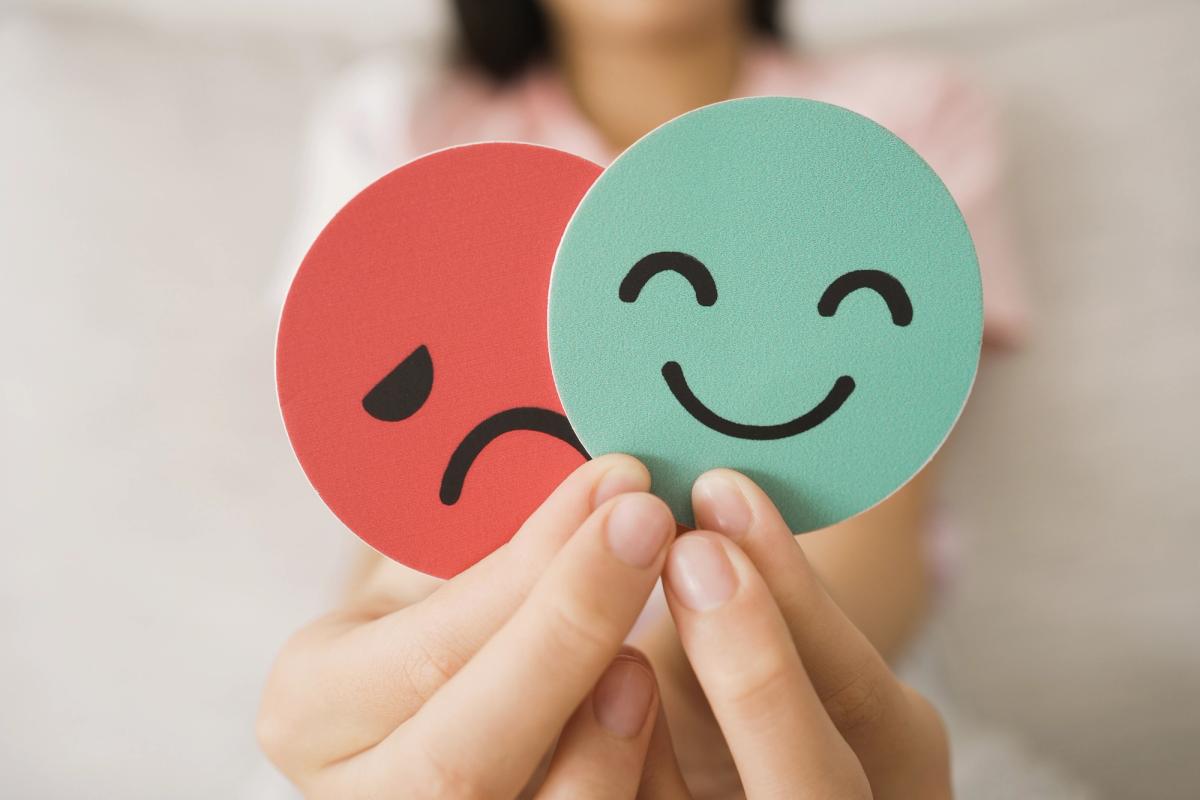Learning that your child has bipolar disorder can feel overwhelming, but remember that every year brings advances. Today, families have more evidence-based options and support than ever. Children and teens can manage bipolar symptoms and lead active lives with the right care. New medications and therapies are under study or approved, school and community supports are improving, and parents aren’t alone in this journey.

Looking for a clinical trial for your child with Bipolar Disorder?
Find pediatric clinical trials that match your child’s needs and eligibility. Explore new treatment options and take the first step toward better care today.
Treatment Updates: Medications & Therapy
Medications
Along with long-used mood stabilizers (like lithium) and anti-seizure medicines (e.g., lamotrigine), several new bipolar drugs are now available or in trials for youth.
For example:
- The atypical antipsychotic cariprazine (Vraylar) recently gained FDA approval for treating acute mania in adolescents.
- A new medicine called lumateperone (Caplyta) is now being tested in a Phase 3 clinical trial for teens aged 10–17 with bipolar depression. Learn more about this study and see if your child may be eligible to participate.
Medications must be carefully managed. As NIMH notes, “children respond to medications in different ways,” so finding the right drug and dose often takes time. Always work closely with your doctor to monitor effects and side effects, and never stop a prescribed medication abruptly.
Psychotherapy
Therapy is a key part of treatment. Evidence-based approaches that have proven helpful include:
- Family-Focused Therapy (FFT)
- Cognitive Behavioral Therapy (CBT)
- Dialectical Behavior Therapy (DBT) (skills training)
For example, a two-year study showed that teens receiving FFT plus medication recovered from depression faster and spent fewer weeks depressed than those receiving standard care.
In practice, this means families work together to:
- Learn about bipolar disorder
- Improve communication
- Build coping skills
AACAP emphasizes that treatment “usually includes education about the illness… mood-stabilizing medications… and psychotherapy,” which together can greatly reduce mania and help prevent depression.
Integrative Supports
Beyond formal treatment, lifestyle supports make a difference.
- Consistent sleep, regular exercise, and good nutrition help stabilize mood.
- Mindfulness or relaxation techniques — like deep breathing or yoga — can ease anxiety and improve focus.
- Some parents explore supplements (e.g., omega-3 fatty acids). While these aren’t replacements for medication, they may offer extra support.
Above all, keeping a routine — regular bedtimes, balanced meals, scheduled homework, and break times — provides stability. As experts note, “steady, dependable treatment works better than treatment that starts and stops.”
Managing School and Daily Life
No parent should have to face this alone. Start by talking to your child’s teachers and school counselors — they need to understand bipolar symptoms so they can give the right support.
Under U.S. law (Section 504 or IDEA), students with bipolar disorder may qualify for accommodations. An IEP (Individualized Education Program) or 504 plan might include:
- Extra time on tests
- A quiet room when overwhelmed
- Regular check-ins with a school counselor
NAMI explains that an IEP “may include time outside class in a Resource Room, psychological counseling, extra time for tests, and more,” while a 504 plan keeps the child in class but with agreed-upon supports.Be sure to:
- Ask the school for an evaluation if symptoms interfere with learning
- Keep records of all meetings and agreed-upon plans
Between and after school, help your teen spot mood changes early.Watch for:
- Sleep changes
- Irritability or unusually high energy (mania)
- Withdrawal or deep sadness (depression)
Consider using a mood diary or tracking app to identify patterns and share updates with your child’s doctor.
When a mood episode seems likely, have a safety plan ready:
- List coping strategies that have helped before (quiet time, music, talking to a trusted friend or counselor)
- Make sure your teen has crisis numbers saved, like 988 for suicide prevention
At home, focus on calm, supportive communication:
- Praise effort and progress
- Set clear, consistent rules
- Be patient with mood swings
Peer and Family Support
Encourage your child to stay connected to friends and favorite activities, even during difficult times. Peer support — such as youth groups or online communities — can remind them they’re not alone.
As a parent, it’s also important to seek support.Organizations like NAMI and DBSA offer:
- Family support groups
- Educational resources
- Tools specifically designed for parents of teens with bipolar disorder
These communities can share practical tips on “bipolar disorder teen support,” from daily coping to celebrating small wins.
The Value of Clinical Trials
For families searching for new options, clinical trials can offer hope.
- Trials are carefully overseen by medical experts and ethics boards to ensure safety.
- Children who participate still receive high-quality care and may gain access to cutting-edge treatments at no cost.
- Participation also helps researchers better understand bipolar disorder in youth.
Remember:
- Clinical trials follow strict protocols to protect participants
- Your child’s well-being is always the top priority
- For many families, trials offer access to promising new therapies and expert care, backed by oversight from IRBs and FDA regulations
Encouragement and Resources
It’s normal to feel anxious, but you are not alone. With consistent treatment and support, “Children and teens with bipolar disorder can manage their symptoms and lead full, active lives.” (NIMH — National Institute of Mental Health)
- Surround yourself with a care team — doctors, therapists, school counselors — who believe in your teen’s potential.
- Stay informed using trusted sources like:
- NIMH (National Institute of Mental Health)
- AACAP (American Academy of Child & Adolescent Psychiatry) offers up-to-date guides on bipolar disorder in youth.
- Connect with local or online support groups like:
- NAMI’s Family Support Group
- DBSA’s Parent/Caregiver Group
By advocating for your child’s needs at home, school, and healthcare, you’re giving them the best chance to thrive.
Key Takeaways
There is hope and help available for teens living with bipolar disorder. Evidence-based treatments (meds plus therapy) are more refined, and new trials explore safer, better drugs. Don’t underestimate lifestyle supports – consistent routines, healthy sleep, and exercise make a real difference. Use school accommodations (IEP/504) so your child can learn with less stress. Consider clinical trials for cutting-edge care, knowing they’re well-regulated. You and your child can access expert info and community support – see NIMH, AACAP, NAMI, and DBSA websites for resources. Above all, celebrate every step forward, and know that with time, treatment, and support, your teen can lead a happier, more stable life.
